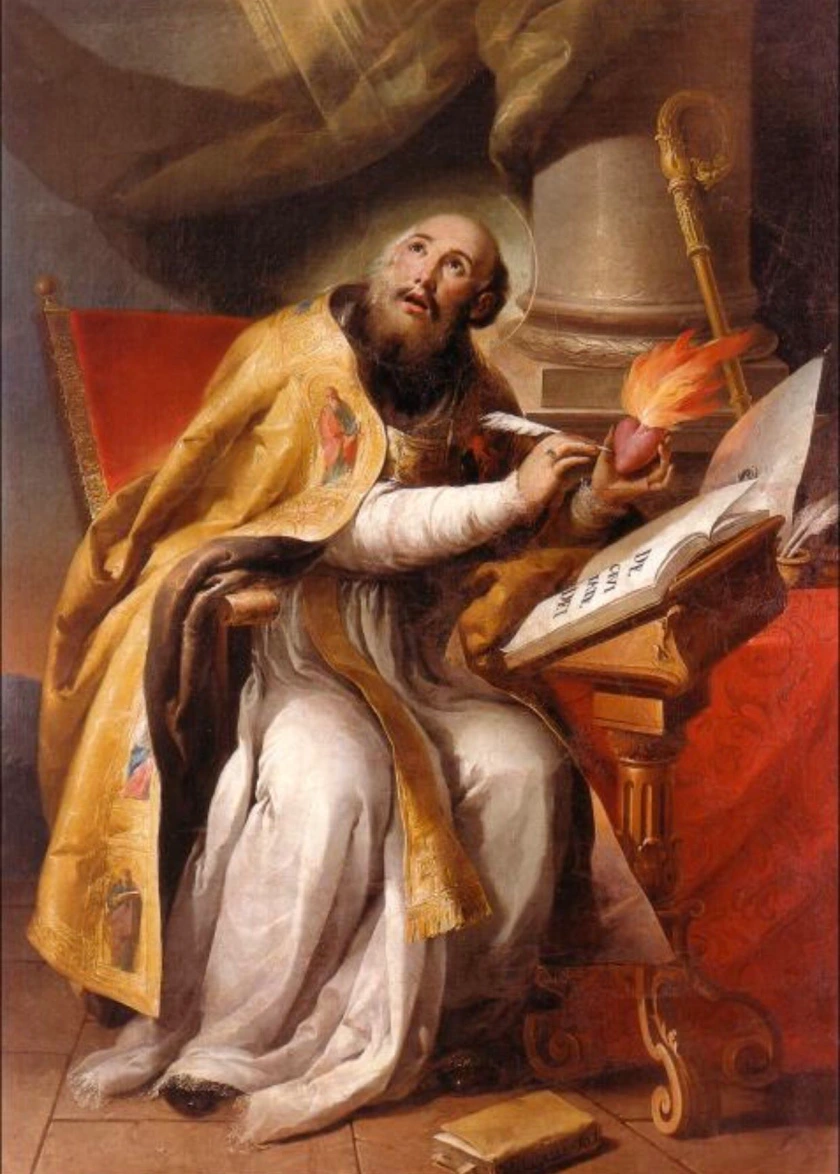One of Rabbi Yeshua ’s original twelve shlikhim (Apostles)
Rabbi Philippos is mentioned in the New Testament lists at Mt 10:3; Mk 3:18; Lk 6:14; Acts 1:13.
Pope Benedict XVI observes (p. 95), “Although Philip was of Jewish origin, his name is Greek. Like that of Andrew, and this is a small sign of cultural openness that must not be underestimated.”
When Rabbi Philippos told Nathanael, “We have found him of whom Moses in the law and also the prophets wrote, Jesus of Nazareth, the son of Joseph” Jn 1:45, Nathanael replied, “Can anything good come out of Nazareth?” Jn 1:46, reflecting the view, “Is the Christ to come from Galilee? Has not the scripture said that the Christ is descended from David, and comes from Bethlehem, the village where David was?” Jn 7:41–42. Rabbi Philippos responded in a way that should alert all Catholics: “Come and see” Jn 1:46.
Witnesses are certainly important, but in the end, knowing Rabbi Yeshua requires a deep and penetrating experience with him for ourselves. When Rabbi Yokhanan heard in prison about Rabbi Yeshua, he sent his disciples to ask, “Are you he who is to come, or shall we look for another?” Mt 11:3. Rabbi Yeshua replied, “Go and tell John what you hear and see: the blind receive their sight and the lame walk, lepers are cleansed and the deaf hear, and the dead are raised up, and the poor have good news preached to them” Mt 11:4–5.
Rabbi Philippos was evidently close to Rabbi Yeshua, although visibly not as close as James and John. When Rabbi Yeshua was preparing to do the Miracle of the Loaves and Fishes, he turned to Rabbi Philippos for help in making his point. Rabbi Yeshua asked him, “How are we to buy bread, so that these people may eat?” Jn 6:5. Rabbi Philippos took a practical view, “Two hundred denarii would not buy enough bread for each of them to get a little” Jn 6:7. The point having been made, Rabbi Yeshua continued his preparation.
At one point Rabbi Yeshua told Rabbi Teom, “I am the way, and the truth, and the life; no one comes to the Father, but by me. If you had known me, you would have known my Father also; henceforth you know him and have seen him” Jn 14:6–7. Rabbi Philippos then said to him, “Lord, show us the Father, and we shall be satisfied” Jn 14:8. Rabbi Yeshua replied, “Have I been with you so long, and yet you do not know me, Philip? He who has seen me has seen the Father; how can you say, ‘Show us the Father’? Do you not believe that I am in the Father and the Father in me? The words that I say to you I do not speak on my own authority; but the Father who dwells in me does his works” Jn 14:9–10. In this way Rabbi Yeshua used Rabbi Philippos’ question to make clear that we can know him not only by what he says but by who he is.
Pope Benedict comments (p. 99), “God gave himself a human face, the Face of Jesus, and consequently, from now on, if we truly want to know the Face of God, all we have to do is contemplate the Face of Jesus! In this Face we truly see who God is and what he looks like!” Benedict adds (p. 99), Let us conclude our reflection by recalling the aim to which our whole life must aspire: to encounter Jesus as Philip encountered him, seeing to perceive in him God himself, the heavenly Father.”

